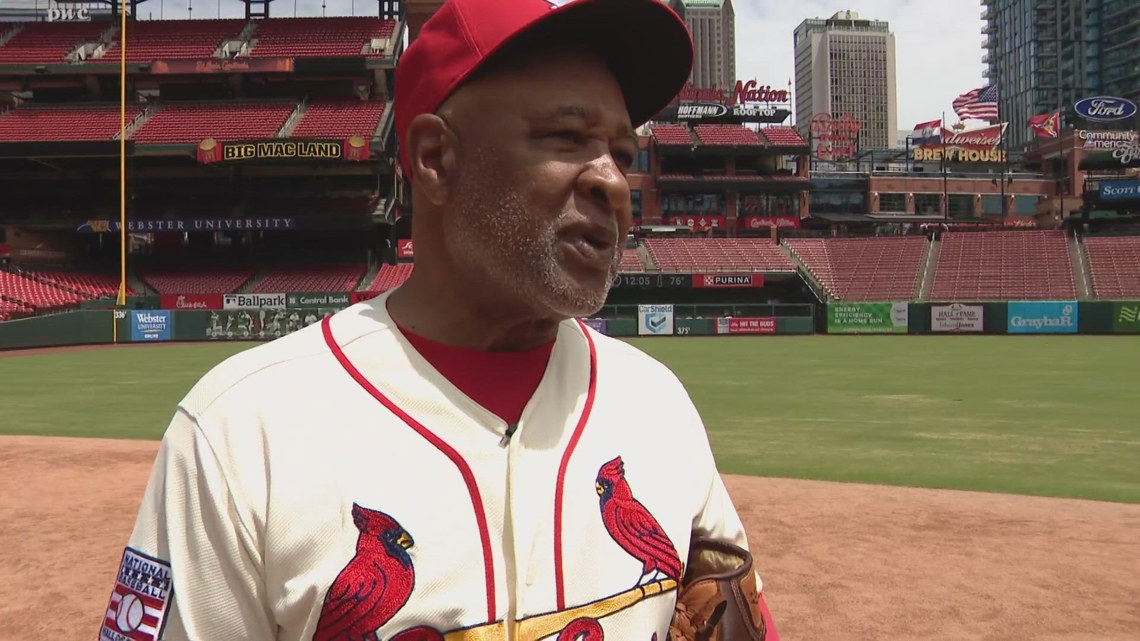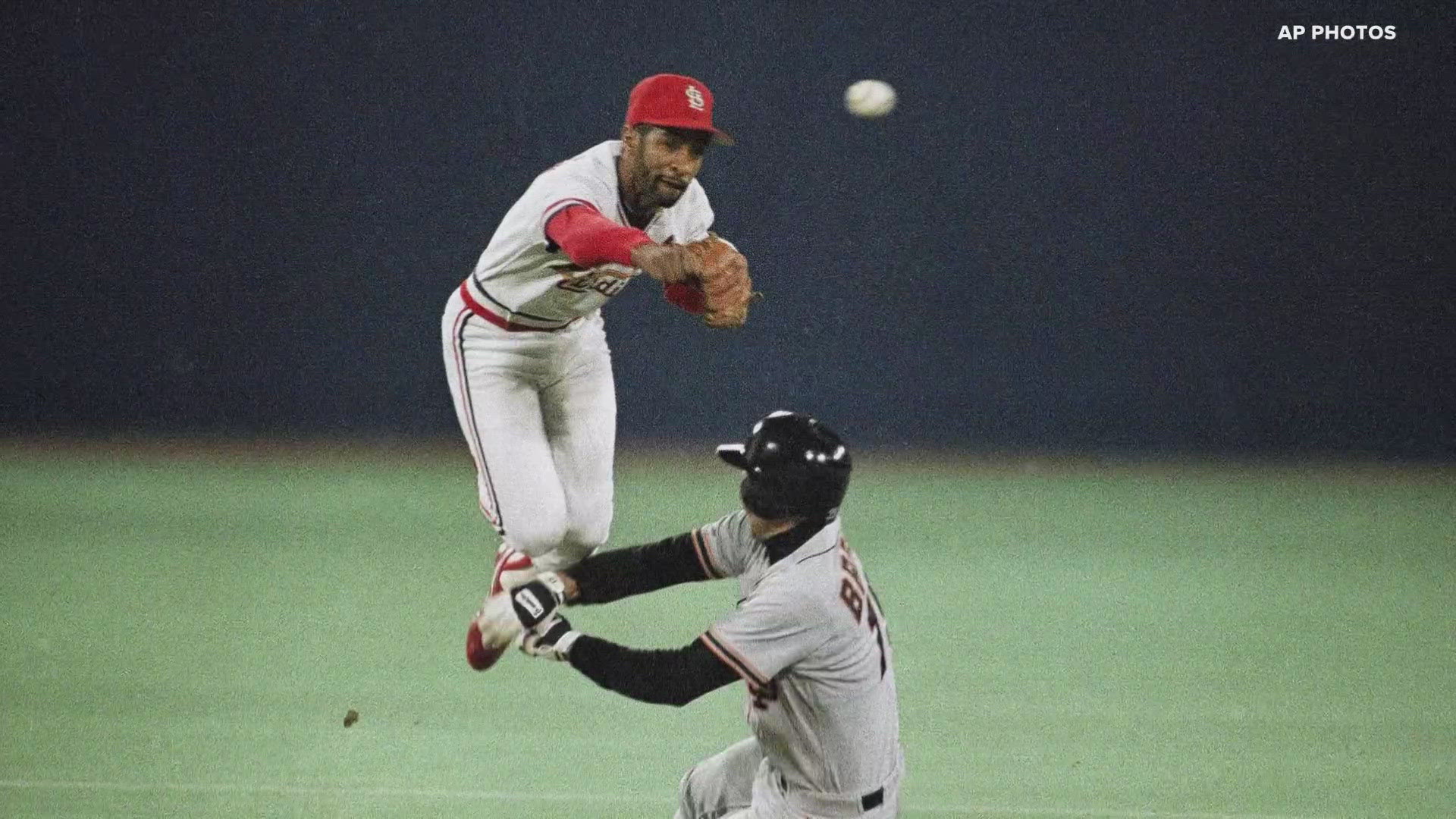ST. LOUIS — There is likely no greater savant of fielding a baseball than Cardinals legend and National Baseball Hall of Famer Ozzie Smith. I mean, the man has 13 Gold Gloves for a reason.
Twice this season (May 31 and Aug. 2), fans have the chance to live out a dream. They get to learn fielding directly from the Wizard and turn double plays with him on the Busch Stadium infield.
Fans from 21 different states participated in the May 31 event. 5 On Your Side's Corey Miller was there, too.
Here's part of Miller's conversation with the Wizard, about the finer points of fielding.
You can watch the entire interview by clicking here.
Miller: "If we take the range and the arm out of the equation and put you in a Major League game, how do you think you hold up right now?"
Smith: "I had someone ask me the other day, 'If you played today, how would you rank?' I said, 'Oh, I'd probably be in the top five, but hell, I'm 70 years old!' It's one of those things, it's like riding a bike. You do it so long, that it's pretty easy to get back to it. Of course you can't do it as long, but it's one of those things that sticks with you."
Miller: "For the folks coming out to these events, what are the Ozzie essentials to playing shortstop? What's the main thing or two you tell people?"
Smith: "It's always keeping yourself in a position to be able to make a play... Playing on AstroTurf it was always so much faster. So you try to eliminate steps. You had guys who could run. You hear people talk about squaring up and catching the ball here, so now you have to get yourself in a (throwing) position. And what I try and teach is that when you catch the ball on the instep of your left foot, your hips are already going to the base you're going to throw to."
Miller: "Turning double plays is much different in today's MLB. How tough was it back then with runners barreling down on you?"
Smith: "It was tough. We knew the guy was coming to take us out. You could take people out. You can't do that anymore. It was a matter of survival. It's one thing that when I'm talking to people about turning double plays, the shortstop and the second baseman have to protect each other. My job was to get the ball to the second baseman as quickly as I possibly could in an area where he could handle it."


Miller: "Were there any guys in the National League that you always had to be aware of when they were on first base and were just 90 feet away from taking you out at second?"
Smith: "A guy by the names of Terry Whitfield was good. Billy North was good. Bill Madlock was good. Lonnie Smith, one of my teammates, was one of the best. Glenn Brummer was good."
Miller: "After your rotator cuff injury, just how hard was it to get good throws off to first base, especially from deep in the hole at shortstop."
Smith: "The body adjusts to whatever it has to. Getting up here was a problem for me because of my rotator cuff but I didn't want to operate above my shoulder. So the instincts (lower) came into play. I just operated below the shoulder. All my exercises were exercises that were not over my head... it just became a way of life. It was survival. And the people who came to see the Cardinals every day wanted to be entertained. So I had to find a way to make it happen. And that's one of the things that I'm proud of. I was still able to win Gold Gloves even after a torn rotator cuff. It's easy to play when you're healthy. But it's being able to play around things like that, that speaks to the skill of your craft."
Miller: "You've talked about the improvisational nature of playing shortstop. How much love did you have for that part of the job?"
Smith: "This is my sanctuary. With all of the things that go on outside of this, this was my way of getting away from all of that, and being in my own world. I was able to create any way that I felt that particular day."

